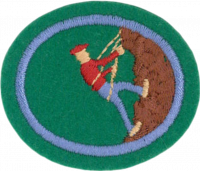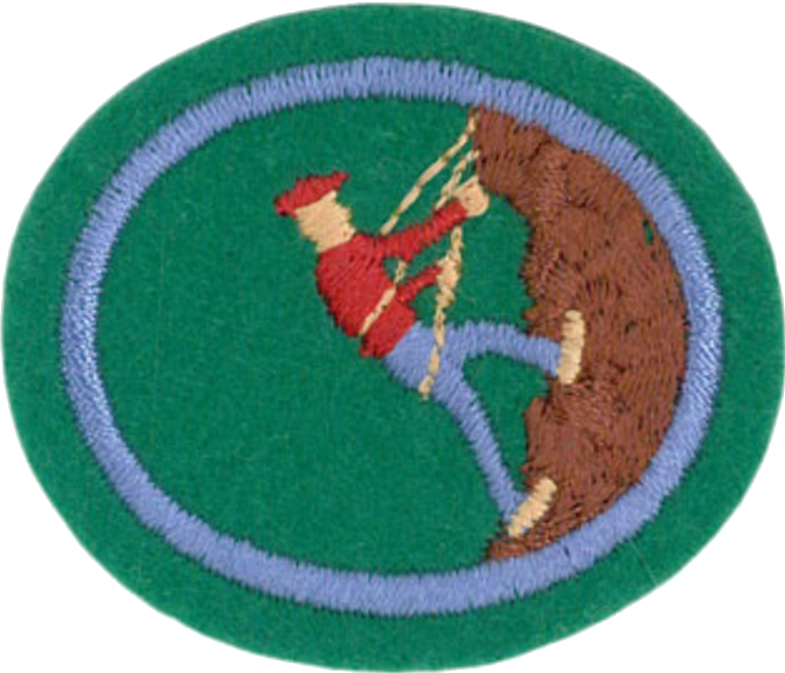Difference between revisions of "AY Honors/Rock Climbing/Requirements 2/en"
(Updating to match new version of source page) |
(Updating to match new version of source page) |
||
| (One intermediate revision by the same user not shown) | |||
| Line 116: | Line 116: | ||
<noinclude></noinclude><section end=req11 /></b> | <noinclude></noinclude><section end=req11 /></b> | ||
<section end=Body /> | <section end=Body /> | ||
| − | |||
| − | |||
| − | |||
| − | |||
Latest revision as of 20:37, 21 July 2022
1. Explain to your instructor the hazards you most likely may encounter while participating in climbing and rappelling activities, and what you should do to anticipate, help prevent, mitigate, and respond to these hazards.
2. Do the following:
- a. Explain how the difficulty of climbs is classified and apply classifications to the rock faces or walls where you will demonstrate your climbing skills.
- b. Explain the following: top-rope climbing, lead climbing, and bouldering.
- c. Evaluate the safety of a particular climbing area. Consider weather, visibility, the condition of the climbing surface, and any other environmental hazards.
- d. Determine how to summon aid to the climbing area in case of an emergency.
3. Demonstrate and explain the proper use of verbal commands that are used in:
- a. Climbing
- b. Rappelling
- c. Bouldering
- d. Belaying
4. Be familiar with and know the use of the following equipment:
- a. Carabiners
- b. Belay device
- c. Nylon climbing rope
- d. Climbing harness
- e. Helmet
- f. Climbing shoes
5. Do the following:
- a. Describe the kinds of rope acceptable for use in climbing and rappelling.
- b. Explain the difference between static and dynamic rope.
- c. Show how to examine a rope for signs of wear or damage.
- d. Discuss ways to prevent a rope from being damaged.
- e. Explain when and how a rope should be retired.
- f. Discuss proper care and storage of a climbing rope.
- g. Properly coil a rope.
6. Demonstrate the ability to properly tie the following knots.
- a. Figure eight follow through
- b. Double Fisherman’s
- c. Ring bend or water knot
- d. Prusik knot
- e. Clove hitch
7. Demonstrate proper belaying technique while belaying at least three climbers on climbs of at least 15 m (50 ft) in height.
8. Demonstrate proper climbing technique while climbing at least three climbs of at least 15 m (50 ft) in height and a Yosemite Decimal System (YDS) rating 5.3 or harder.
9. Demonstrate proper technique while rappelling at least three rappels of at least 15 m (50 ft) in height while being properly belayed.
10. Demonstrate proper technique while using Prusik knots to climb a rope for 10 m (33 ft).
11. Read the story of 1 Samuel 14 as it relates to faith and climbing.


